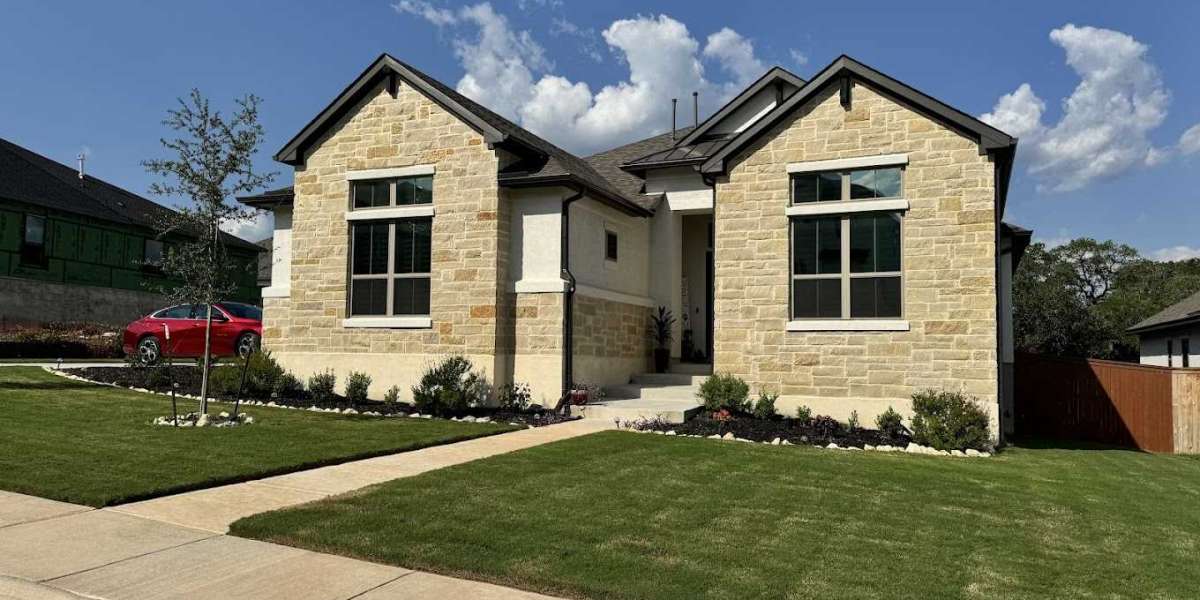In an era where energy efficiency is not just a trend but a necessity, homeowners and business owners are continuously seeking innovative solutions to reduce their carbon footprint and save on utility bills. One such solution that has gained significant popularity is window tinting. While many might think of it as simply a cosmetic upgrade, premier window tinting offers a plethora of benefits, notably in enhancing energy efficiency. This article will delve into how window tinting works, the types of tints available, their benefits in terms of energy savings, and how this investment can lead to a more sustainable future.
The Science Behind Window Tinting
Window tinting involves applying a thin film to your glass surfaces that can significantly alter their thermal properties. This film is designed to reflect, absorb, and transmit varying degrees of solar energy. Essentially, it serves as a barrier that can minimize the amount of heat that enters a building. According to the U.S. Department of Energy, windows are responsible for approximately 25-30% of residential heating and cooling energy use. By utilizing window tinting, homeowners can dramatically reduce this energy consumption, enhancing overall energy efficiency.
Types of Window Tints
There are various types of window tints available on the market, each designed for different purposes and preferences. The most common types include dyed window film, metalized window film, ceramic window film, and low-emissivity (Low-E) window film. Dyed window films provide privacy and reduce glare but may not offer significant energy efficiency. Metalized films, on the other hand, reflect heat and UV rays effectively, making them a popular choice for energy savings. Ceramic films offer similar benefits but with higher clarity and lower reflectivity, making them ideal for aesthetic-conscious consumers. Lastly, Low-E films excel in insulating properties, further reducing energy costs.
Energy Savings Through Temperature Regulation
One of the most significant advantages of window tinting is its ability to regulate indoor temperatures. In the summer, tinted windows can block up to 99% of harmful UV rays and a substantial portion of solar heat, keeping indoor spaces cooler. In winter, Low-E films can help retain indoor heat, ensuring that heating systems do not work overtime. The result is a more consistent and comfortable indoor environment without excessive reliance on heating and cooling systems. A study by the Lawrence Berkeley National Laboratory found that window films can reduce heating and cooling costs by 10-30%, depending on the region and specific conditions.
Reducing HVAC Load
Heating, ventilation, and air conditioning (HVAC) systems account for a significant portion of energy use in residential and commercial buildings. By installing premier window tinting, the load on these systems can be significantly reduced. With less heat penetrating the building during warmer months and better insulation during colder months, HVAC systems can operate more efficiently. This not only leads to lower energy bills but also prolongs the lifespan of HVAC equipment, resulting in fewer maintenance costs and less energy consumption over time.
Improving Glare and Comfort
Excessive glare from sunlight can be uncomfortable and distracting, particularly in work environments. Premier window tinting effectively reduces glare, making indoor spaces more comfortable and conducive to productivity. Employees and family members can enjoy their activities without squinting or straining their eyes. Furthermore, improved comfort can lead to higher satisfaction levels, whether at home or in the workplace, ultimately fostering a more pleasant environment. This improved comfort can also translate into increased productivity, particularly in office settings where concentration is key.
UV Protection and Health Benefits
Another critical aspect of window tinting is its ability to block harmful ultraviolet (UV) rays. Prolonged exposure to UV rays can lead to skin damage and increase the risk of skin cancer. By installing premier window tinting, homeowners can protect themselves and their families from these risks while also preserving valuable furnishings and artwork from fading. According to the Skin Cancer Foundation, window films can block up to 99% of UV rays, making them an essential feature for health-conscious individuals looking to enhance their living spaces.
Financial Incentives and ROI
Investing in premier window tinting may seem like a significant upfront cost, but the long-term savings and benefits often outweigh the initial investment. Many states and local governments offer tax credits and incentives for energy-efficient upgrades, including window tinting. Homeowners may also notice a decrease in their monthly energy bills, leading to a return on investment (ROI) that can be realized within a few years. According to the U.S. Department of Energy, homeowners can expect a payback period of 3-5 years for energy-efficient upgrades, including window tinting.
Eco-Friendly Benefits
In addition to the financial savings, premier window tinting contributes to a more sustainable future. By reducing energy consumption, tinted windows help lower greenhouse gas emissions associated with electricity production. With climate change being a pressing global issue, every step towards energy efficiency contributes to a healthier planet. Additionally, many window film manufacturers are committed to environmentally friendly practices, using sustainable materials that further enhance the eco-friendliness of window tinting as a whole.
Conclusion: A Smart Investment for the Future
In conclusion, premier window tinting service is a multifaceted solution that enhances energy efficiency, reduces costs, and promotes health and comfort. By regulating indoor temperatures, reducing HVAC load, and offering UV protection, window tinting is not merely an aesthetic improvement but a smart investment for any homeowner or business owner. As energy efficiency becomes increasingly critical in today’s world, window tinting stands out as an effective and eco-friendly option that contributes to a sustainable future. For anyone considering energy-efficient upgrades, window tinting should undoubtedly be on the radar.

